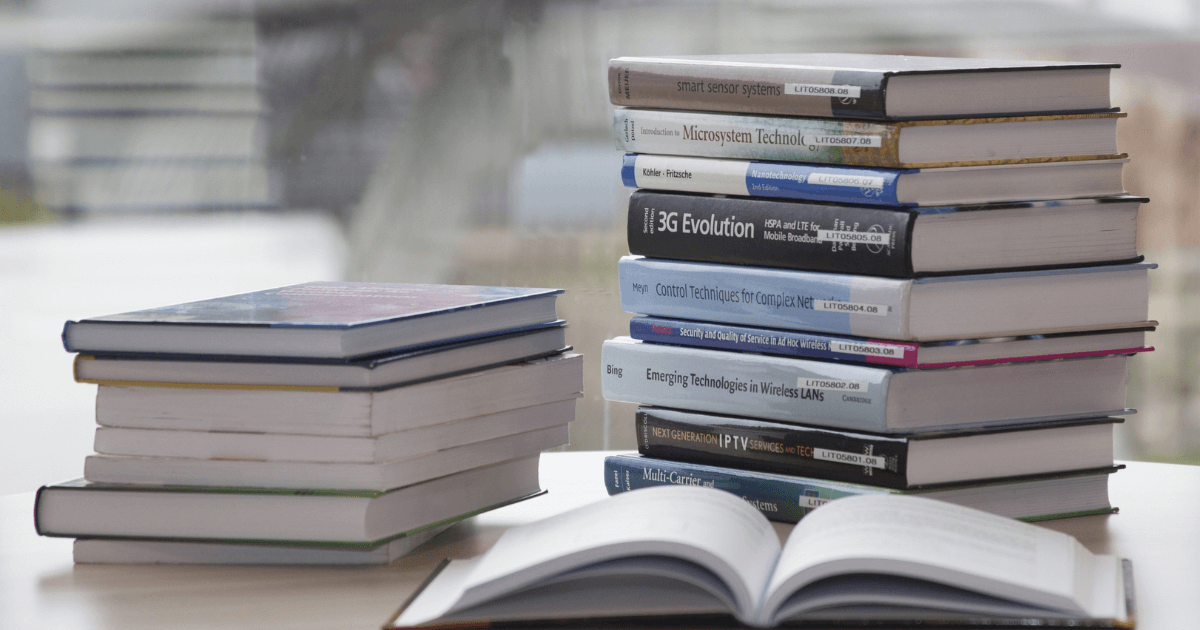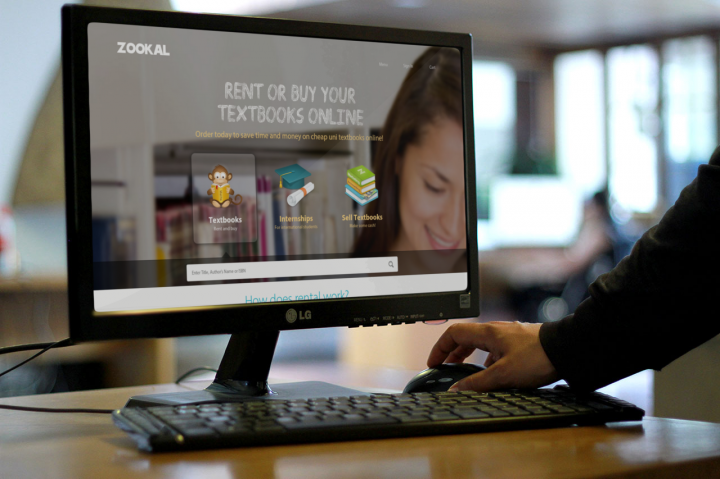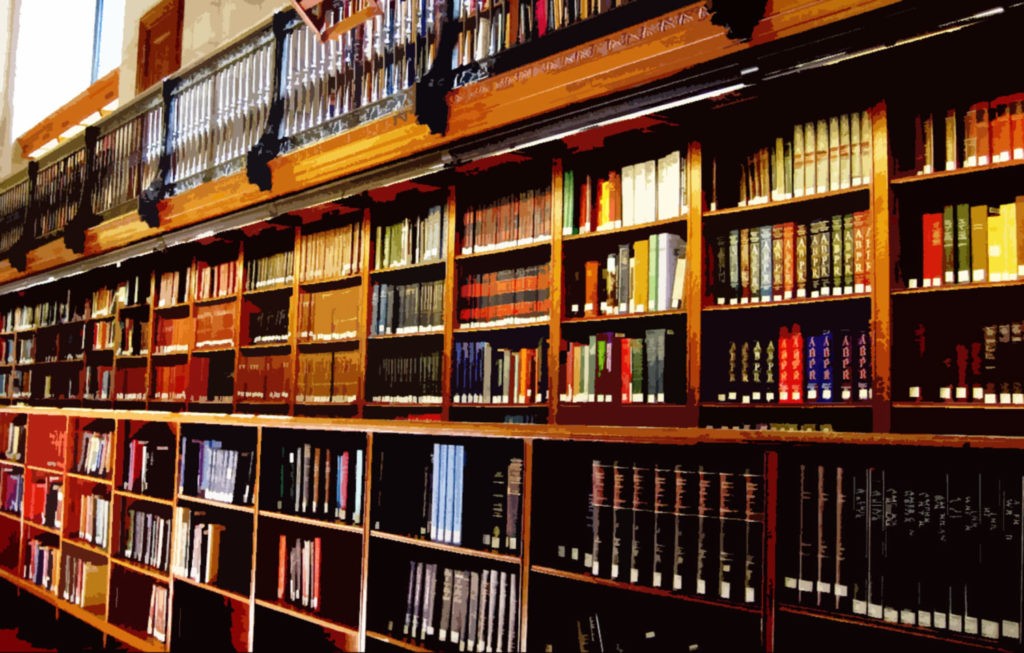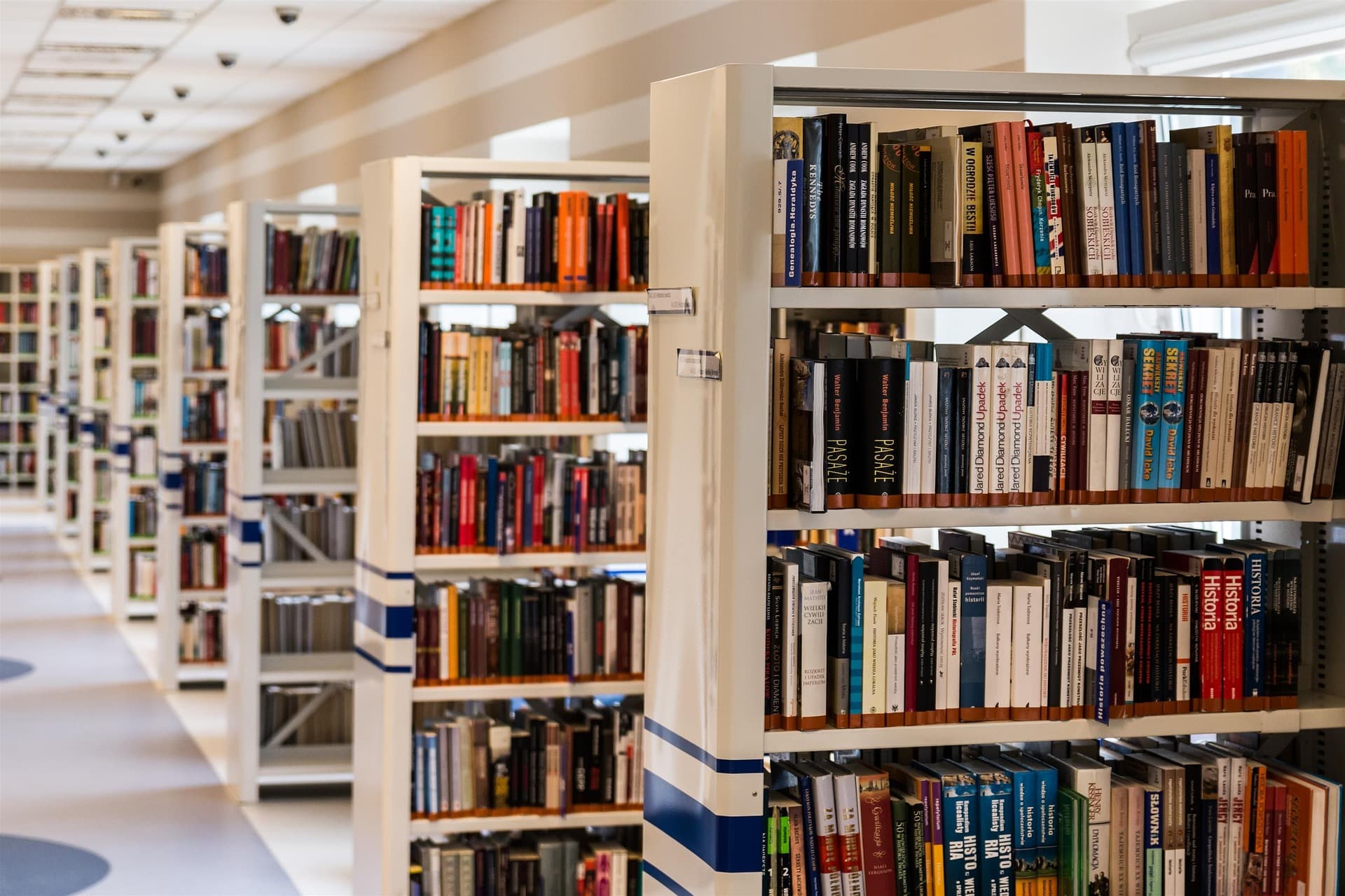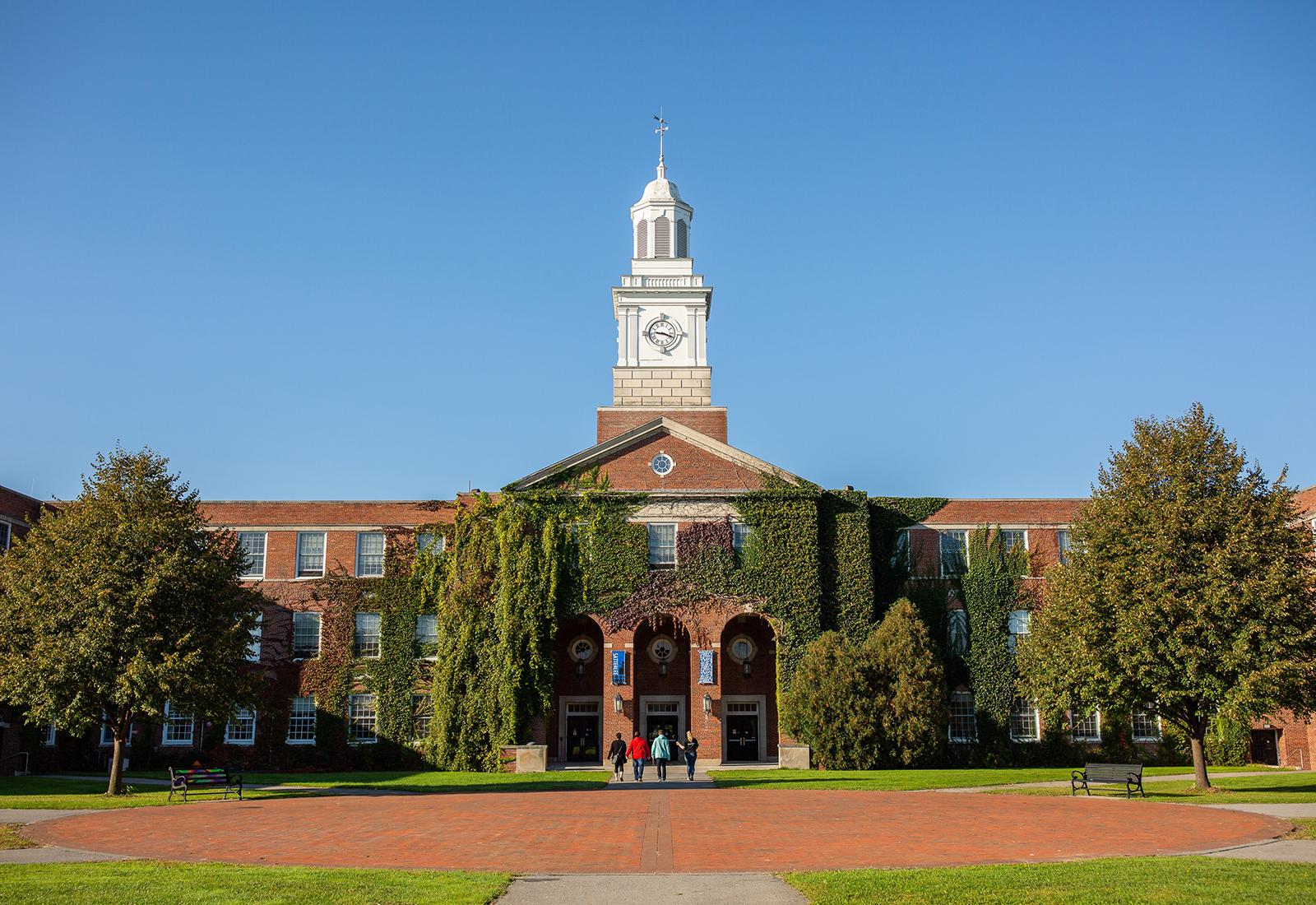Budget-Friendly Learning: Why Used Textbooks Matter

used textbooks In the quest for knowledge, textbooks are essential companions. Yet, the cost of acquiring new textbooks can be a significant financial burden for students. Enter the world of used textbooks—an economical, sustainable, and equally effective alternative. Embracing used textbooks not only eases the financial strain but also contributes to environmental conservation and fosters a sense of shared learning. This article delves into the myriad benefits of used textbooks, explores their impact on education, and offers practical tips for finding the best deals.

The Economic Advantage
Substantial Cost Savings
One of the most compelling reasons to choose used textbooks is the considerable cost savings. New textbooks can be exorbitantly priced, often reaching hundreds of dollars for a single volume. In contrast, used textbooks are available at a fraction of the cost, making education more accessible for students from all financial backgrounds. By opting for used textbooks, students can allocate their resources to other essential expenses such as tuition fees, living costs, and educational materials.
Budget Management
Managing a student budget can be challenging. The financial relief provided by used textbooks allows students to better manage their finances, reducing the need for loans or excessive work hours. This financial flexibility can lead to a more focused and less stressful academic experience, allowing students to dedicate more time to their studies and extracurricular activities.
Environmental Benefits
Reducing Waste
The production of new textbooks involves significant resource consumption, including paper, ink, and energy. By purchasing used textbooks, students contribute to reducing the demand for new book production, thereby conserving natural resources and minimizing waste. The reuse of textbooks extends their lifecycle, preventing them from ending up in landfills prematurely.
Lowering Carbon Footprint
The carbon footprint associated with the production and transportation of new textbooks is substantial. By choosing used textbooks, students help lower the overall carbon emissions linked to their education. This eco-friendly choice aligns with broader sustainability goals and reflects a commitment to environmental stewardship.
The Educational Impact
Access to Knowledge
Used textbooks democratize access to knowledge. Students who might otherwise be unable to afford new textbooks can still obtain the necessary materials for their courses. This inclusivity ensures that all students, regardless of their financial situation, have the opportunity to succeed academically.
Preservation of Resources
Educational institutions often have limited budgets for resources. The widespread use of used textbooks can help schools and universities allocate their funds more effectively, investing in other critical areas such as technology, infrastructure, and support services. This holistic approach to resource management enhances the overall quality of education.
The Community Aspect
Shared Learning
The purchase of used textbooks fosters a sense of community among students. When textbooks are passed from one student to another, they often come with notes, highlights, and annotations that provide additional insights and perspectives. This shared learning experience can enrich the educational journey and create connections between students who might not otherwise interact.
Support for Local Businesses
Many independent bookstores and local shops rely on the sale of used textbooks. By purchasing from these vendors, students support local businesses and contribute to the vitality of their communities. This support helps maintain diverse and vibrant local economies, creating a positive ripple effect beyond the realm of education.
Practical Tips for Finding Used Textbooks
Start Early
The earlier you begin your search for used textbooks, the better your chances of finding the titles you need at the best prices. Start looking as soon as you receive your course syllabus to ensure you have ample time to compare options and make informed decisions.
Utilize Online Marketplaces
Online marketplaces such as Amazon, eBay, and Chegg offer a vast selection of used textbooks. These platforms allow you to compare prices, read reviews, and find the best deals from sellers worldwide. Many of these sites also offer buyback programs, enabling you to sell your textbooks once you no longer need them.
Check Campus Bookstores
Campus bookstores often have sections dedicated to used textbooks. While prices at campus stores may not always be the lowest, the convenience and assurance of getting the correct edition can make them a worthwhile option. Some campus stores also offer rental programs, which can be a cost-effective alternative to purchasing.
Join Student Groups and Forums
Student groups and online forums are excellent resources for finding used textbooks. Fellow students often sell or exchange textbooks, providing an opportunity to acquire the materials you need at lower prices. Joining these groups can also facilitate networking and information sharing about courses and professors.
Visit Local Bookstores
Don’t overlook local bookstores, especially those that specialize in used textbooks. These stores often have knowledgeable staff who can help you find specific titles and offer advice on the best editions for your courses. Supporting local businesses is an added benefit of this approach.
The Future of Used Textbooks
Digital Transformation
The rise of digital textbooks has added a new dimension to the world of used textbooks. Digital platforms offer cost-effective access to textbooks, often with interactive features that enhance the learning experience. While digital textbooks are convenient and eco-friendly, the tactile experience of a physical book still holds significant value for many students.
Rental Services
Textbook rental services are gaining popularity as a hybrid solution between buying new and used textbooks. These services provide temporary access to textbooks at a fraction of the purchase price. Companies like Chegg and Amazon offer extensive rental catalogs, making it easy for students to find the materials they need without the long-term commitment of ownership.
Open Educational Resources (OER)
Open Educational Resources (OER) are free, openly licensed educational materials that are becoming increasingly prevalent. These resources include textbooks, course materials, and multimedia content that can be freely accessed and used by students and educators. The growth of OER represents a significant shift towards more equitable and accessible education.
Sustainable Publishing Practices
The publishing industry is evolving to incorporate more sustainable practices. Publishers are exploring eco-friendly printing methods, recycled paper, and digital formats to reduce their environmental impact. As these practices become more widespread, the distinction between new and used textbooks may blur, with both options contributing to a more sustainable future.
used textbooks
In conclusion, used textbooks play a crucial role in making education more affordable, sustainable, and inclusive. They offer substantial cost savings, reduce environmental impact, and promote a sense of community among students. By embracing textbooks, students can achieve their academic goals without compromising on quality or sustainability. As the landscape of education continues to evolve, the importance of used will only grow, reinforcing their place as a cornerstone of budget-friendly learning.

